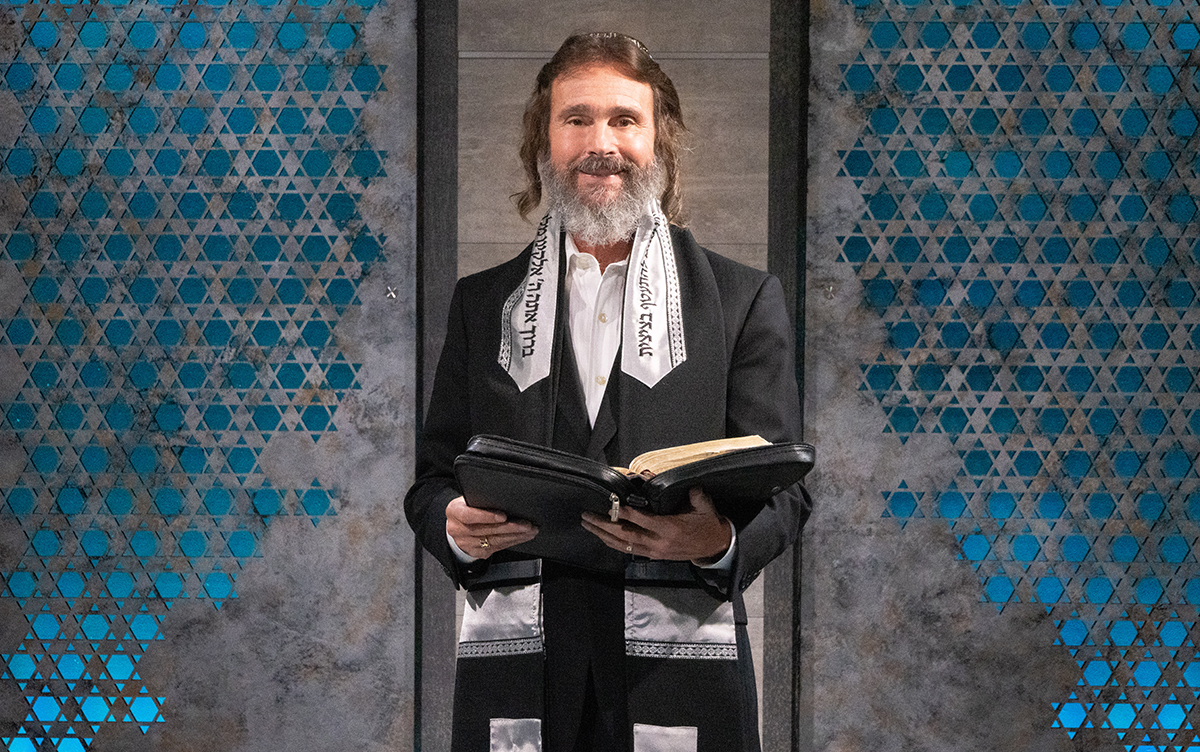The Jews await return to the land, the rebuilding of the third temple and the messianic age (and all that entails).
I know this wasn't directed to me but I hope you don't mind me chiming in. I think one of the big problems in why the Jews rejected Jesus as the Messiah is because there is either disagreement or confusion that there are two advents of the Christ / Messiah. The Messianic prophecies (including the ones you mentioned) that the Jews claim were not fulfilled by Jesus are prophecies about the second coming of Christ, not the first. Which of course hasn't happened yet, we are awaiting those also.
I don't want to paint with a broad brush, because I don't know what all Jewish people believe... but it seems that at least some disagree that there are two distinct pictures of the Messiah: the Servant and the Sovereign... or in other words, Conquering King. (I think of it as the Lamb and the Lion.) As others mentioned, one of the main reasons why most Jews rejected Jesus is because they were expecting only the latter.
I think there's another big reason as well, but for now I'll stop here.




